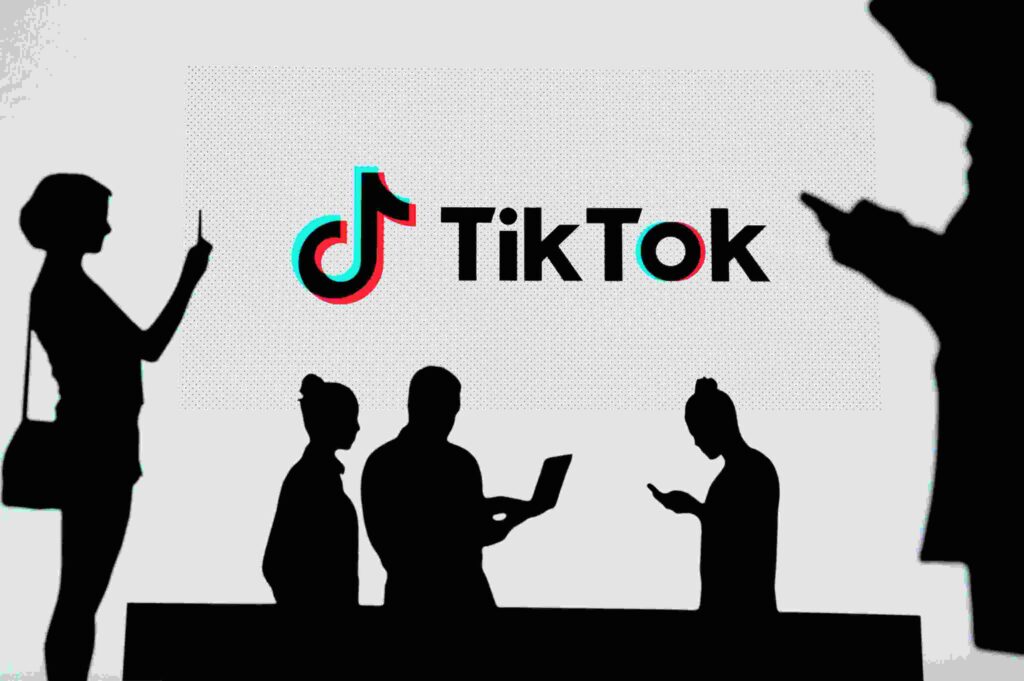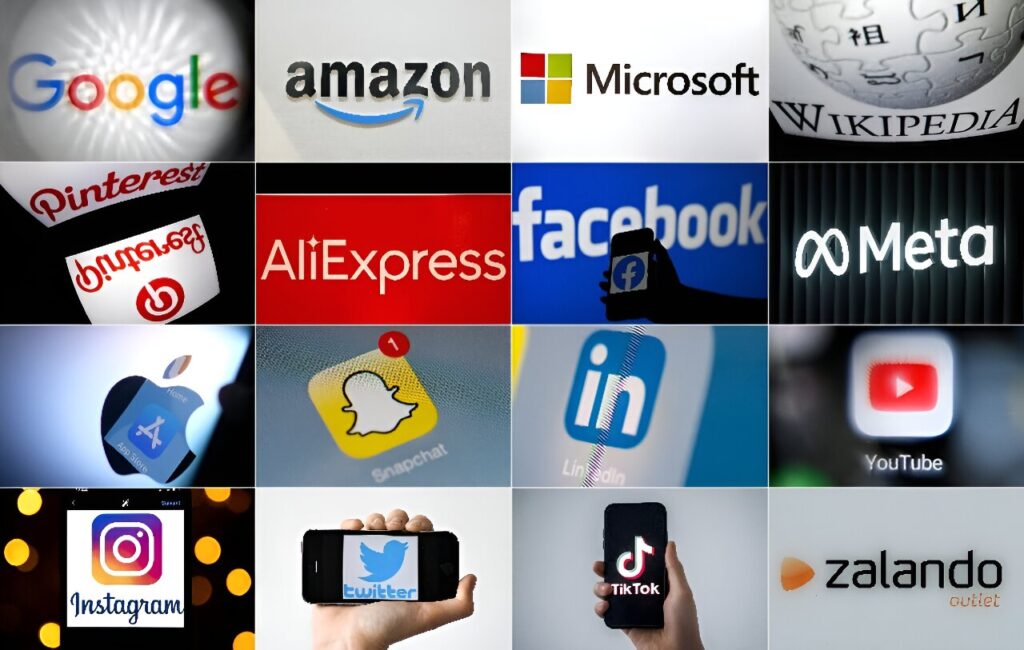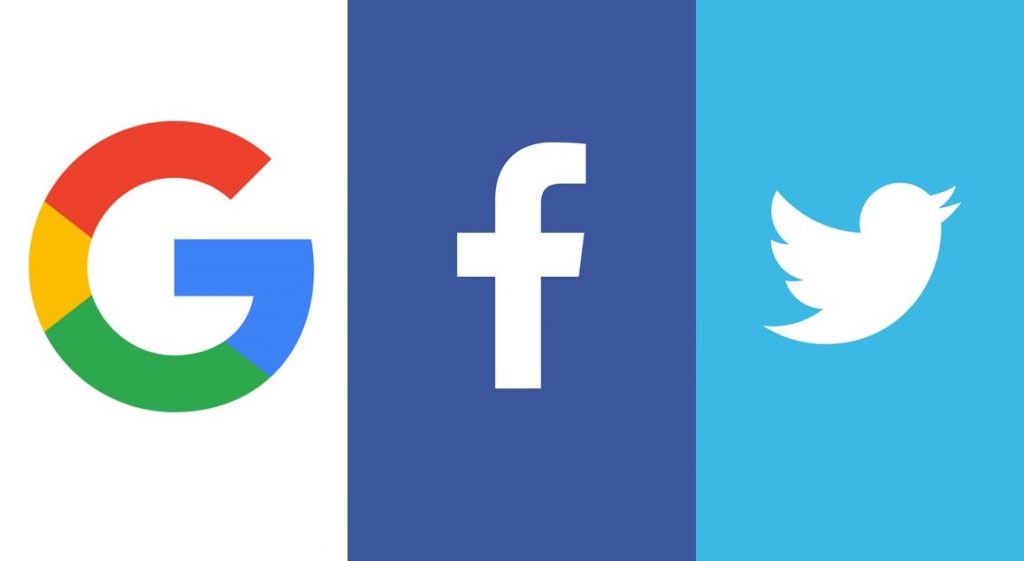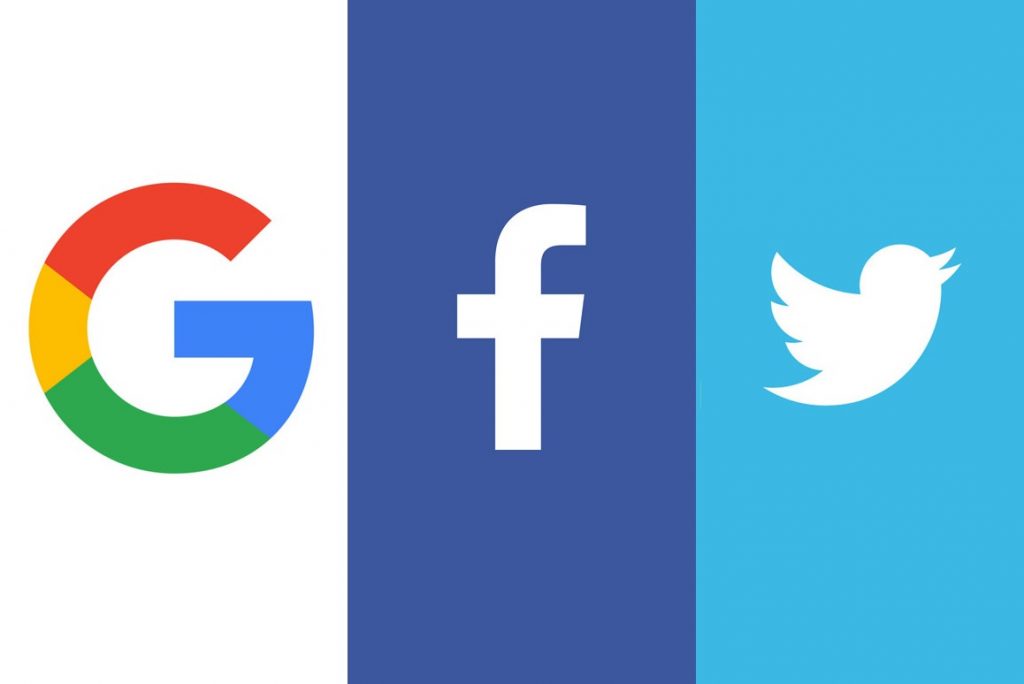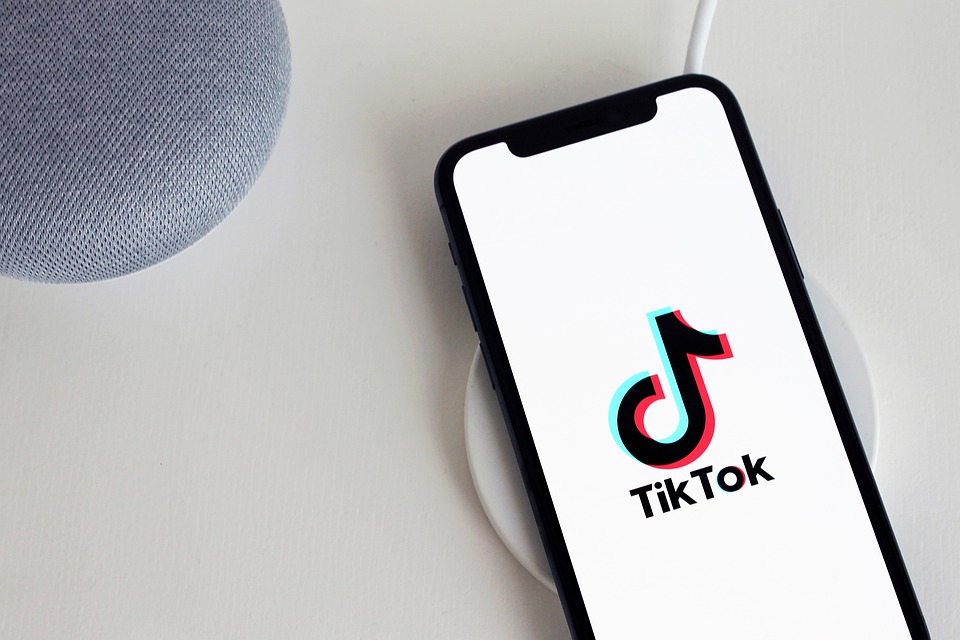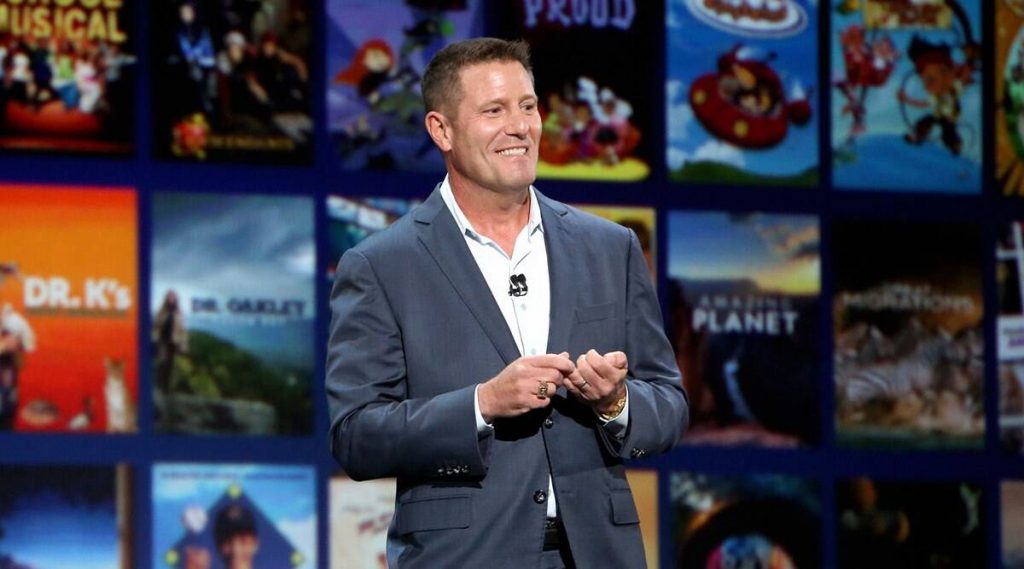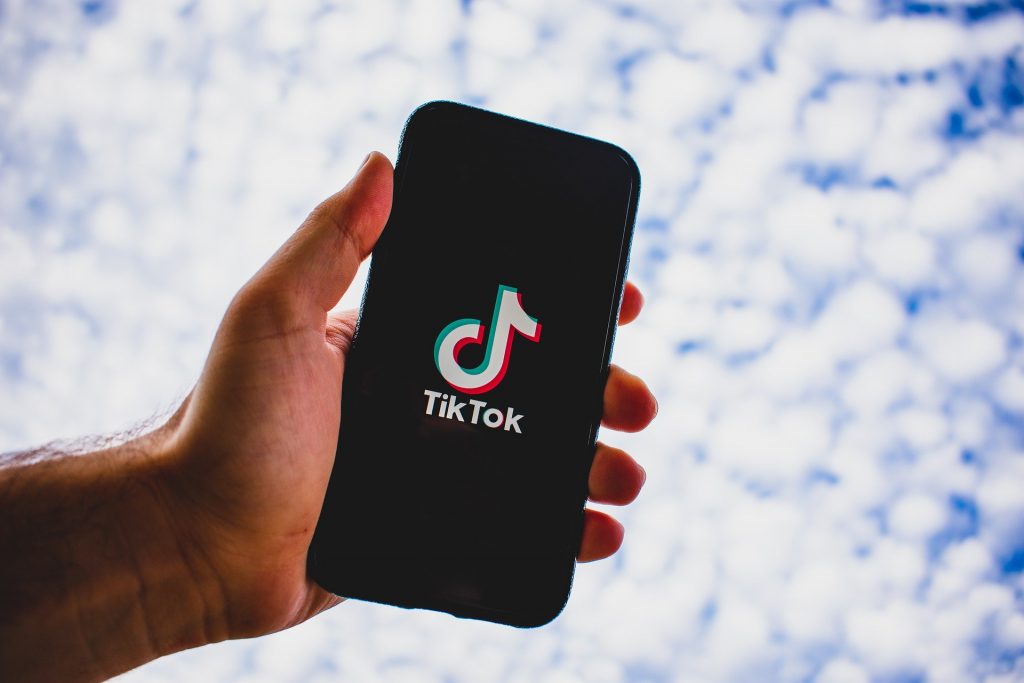TikTok Hires UK Security Firm to Audit European Data Protection
In a bold move aimed at strengthening its commitment to data security and privacy, TikTok has enlisted the services of British cybersecurity firm NCC to conduct a thorough audit of its data controls and protection measures.
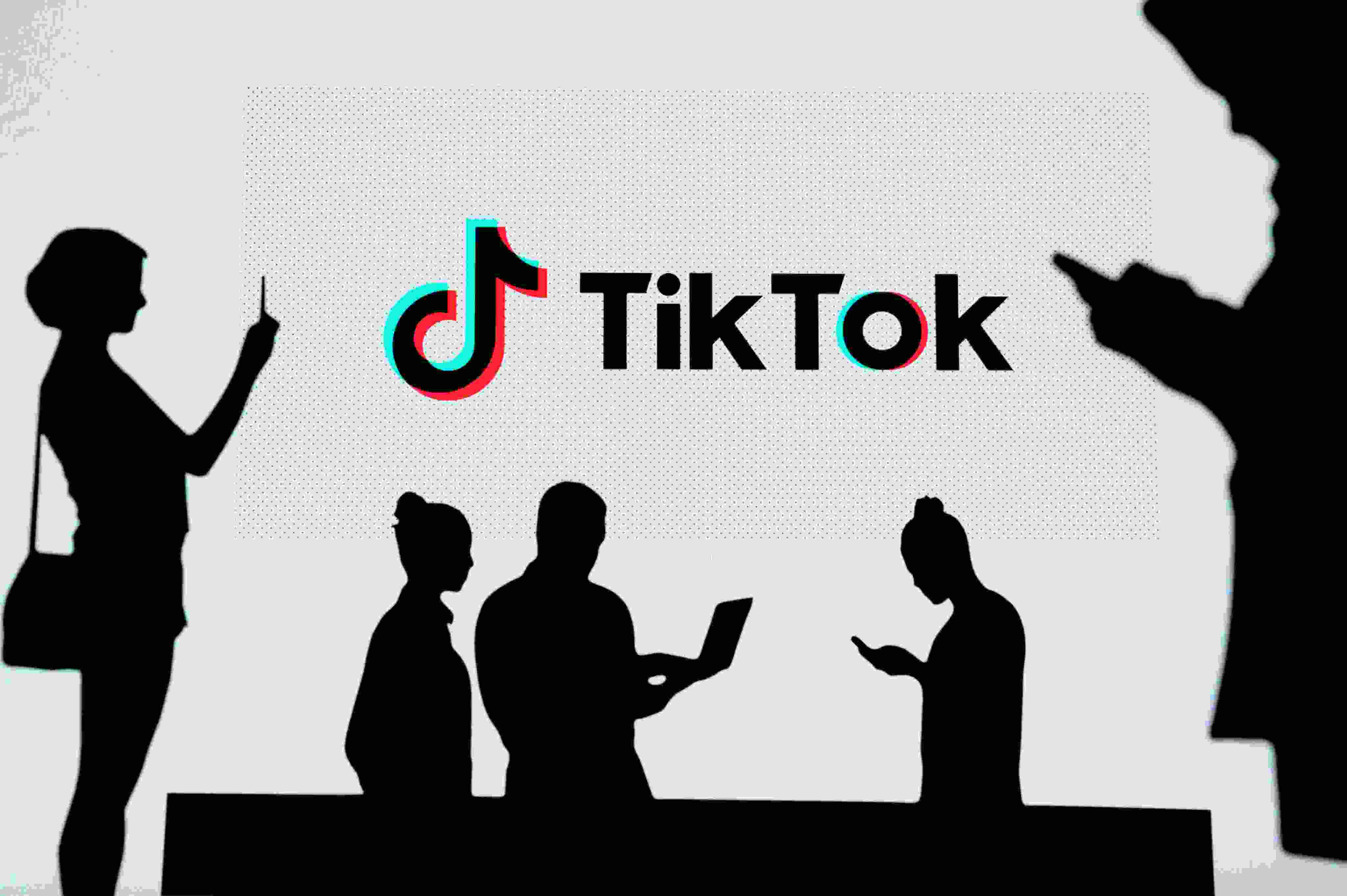
This partnership signifies TikTok’s dedication to ensuring the safety of user data and aims to provide independent verification of their security practices. The initiative, known as “Project Clover,” is a significant step towards addressing concerns surrounding data privacy, especially in the European market.
TikTok, owned by Chinese tech giant ByteDance, has faced mounting scrutiny from various government bodies, leading to bans on the use of TikTok on staff phones in several organizations. The primary concern revolves around the possibility of China’s government accessing and exploiting user data for its own interests. To combat these concerns head-on, TikTok has initiated Project Clover, designed to fortify its data security framework.
One of the key aspects of Project Clover is the establishment of data centers in Europe. TikTok plans to open three data centers, with two located in Ireland and one in Norway. The first Irish data center is already operational, with data migration processes already underway. According to Elaine Fox, head of privacy in Europe, TikTok aims to have all three data centers fully operational by the end of 2024.
What sets TikTok apart in its approach to data protection is its proactive stance. Rather than waiting for the European data centers to become fully functional, TikTok has already begun storing personal data of its European Economic Area (EEA) and UK users in a secure area called the “European enclave.” This interim solution, hosted in the United States, ensures that user data remains safeguarded during the transition period.
Elaine Fox emphasized TikTok’s commitment to transparency and cooperation with European policymakers. In the coming months, TikTok and NCC intend to engage with policymakers across Europe to provide insights into how Project Clover will operate in practice. This open dialogue is crucial in addressing concerns and building trust with regulatory authorities and users alike.
Project Clover was initially unveiled by TikTok in March, and it couldn’t have come at a more critical time. Lawmakers on both sides of the Atlantic have been exerting increasing pressure on tech companies to enhance data security and privacy measures. TikTok’s partnership with NCC and its investment in European data centers demonstrate a proactive approach to addressing these concerns.
In conclusion, TikTok’s decision to hire NCC to audit its data protection measures and its commitment to European data centers under Project Clover underline its dedication to securing user data. By taking these steps, TikTok aims to build trust and confidence among its users and regulatory bodies, setting a positive example for the tech industry as a whole in the pursuit of data privacy and security.

I am a law graduate from NLU Lucknow. I have a flair for creative writing and hence in my free time work as a freelance content writer.
